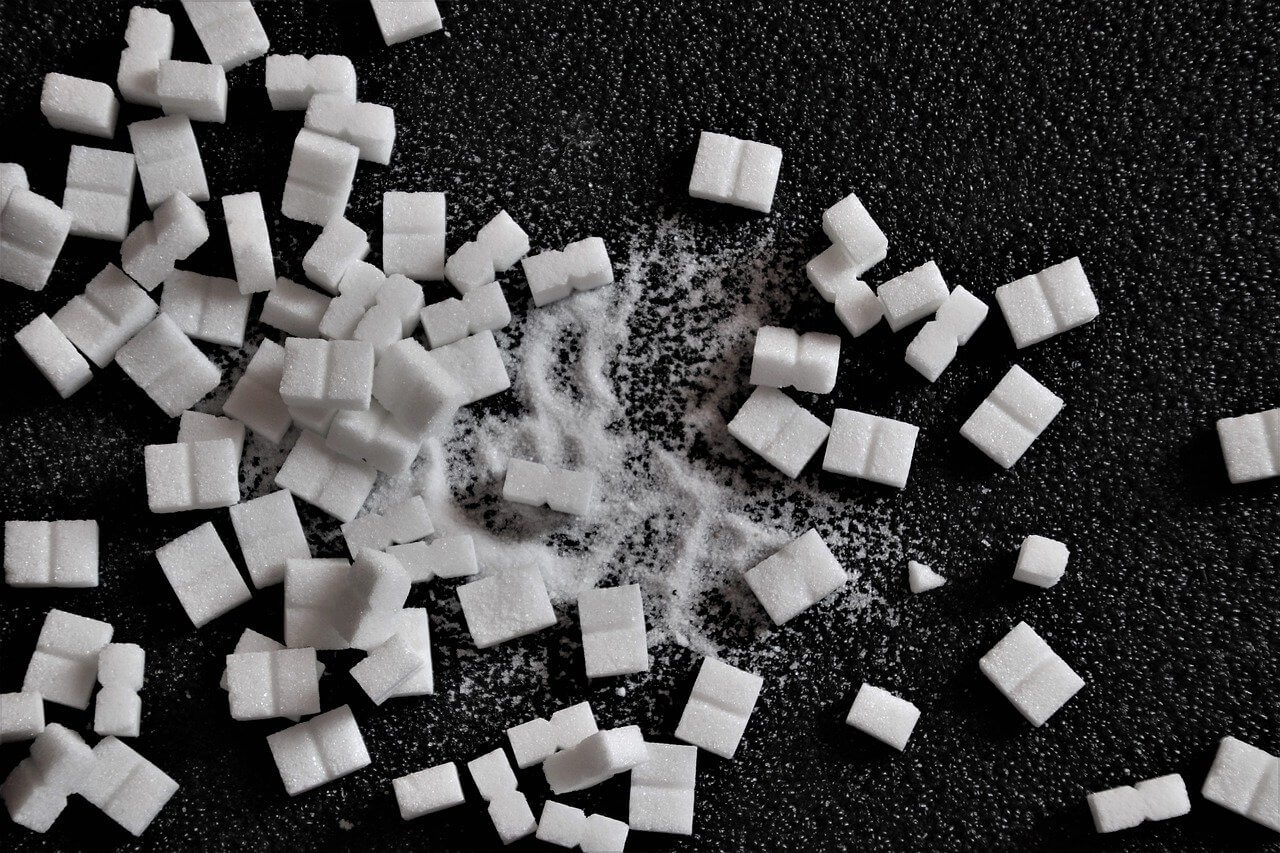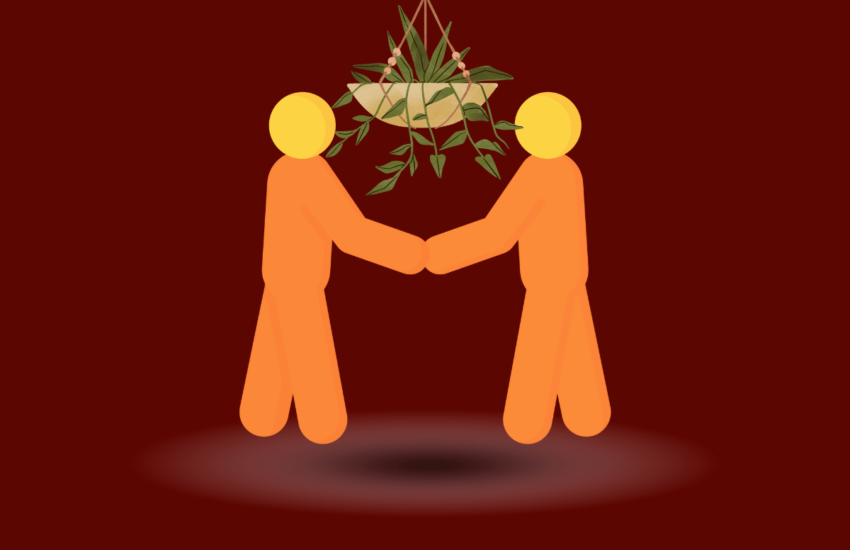The Negative Impact Of Sugar On Brain
Each of us is familiar with the craving for sweets. Just at the sight of a cake or ice cream, the hand is drawn to the coveted dessert. Why is this happening?
What is sugar in fact?
Sugar is the collective name for fast carbohydrates which enter our body. They occur in different forms, but they have the same essence: they are monosaccharides, which are quickly broken down and release the glucose molecule.
Glucose is the structural unit of all sugars. It has a small size, so it very easily and surprisingly quickly penetrates the cells and is included in the energy exchange. In fact, glucose is the fuel on which a person “works”.
How does sugar affect the human brain?
What is the effect of sugar on brain activity? Its effect begins with getting on the tongue and activating the taste buds, which immediately send signals to the human brain. Impulses from the receptors are distributed to the corresponding parts of the brain that process different tastes – bitter, salty, sour, and, as in our case, sweet. As a result, the so – called reward system is activated in the brain cortex, which allows us to answer the question “is it worth trying it again?”
One of the components of the reward system is dopamine, which helps determine whether sugar is needed for the brain and other organs. When eating sweets, the level of dopamine in the body increases dramatically, which is perceived by a person as a reward and encourages them to eat desserts again and again. With frequent use of sweets, the brain “gets used” to increased levels of dopamine, and thus a person gets “sugar addiction”. In addition, scientists have proven that sugar thickens the wall of the carotid artery, which is one of the reasons why people’s cognitive abilities like memory and attention, get worse earlier.


